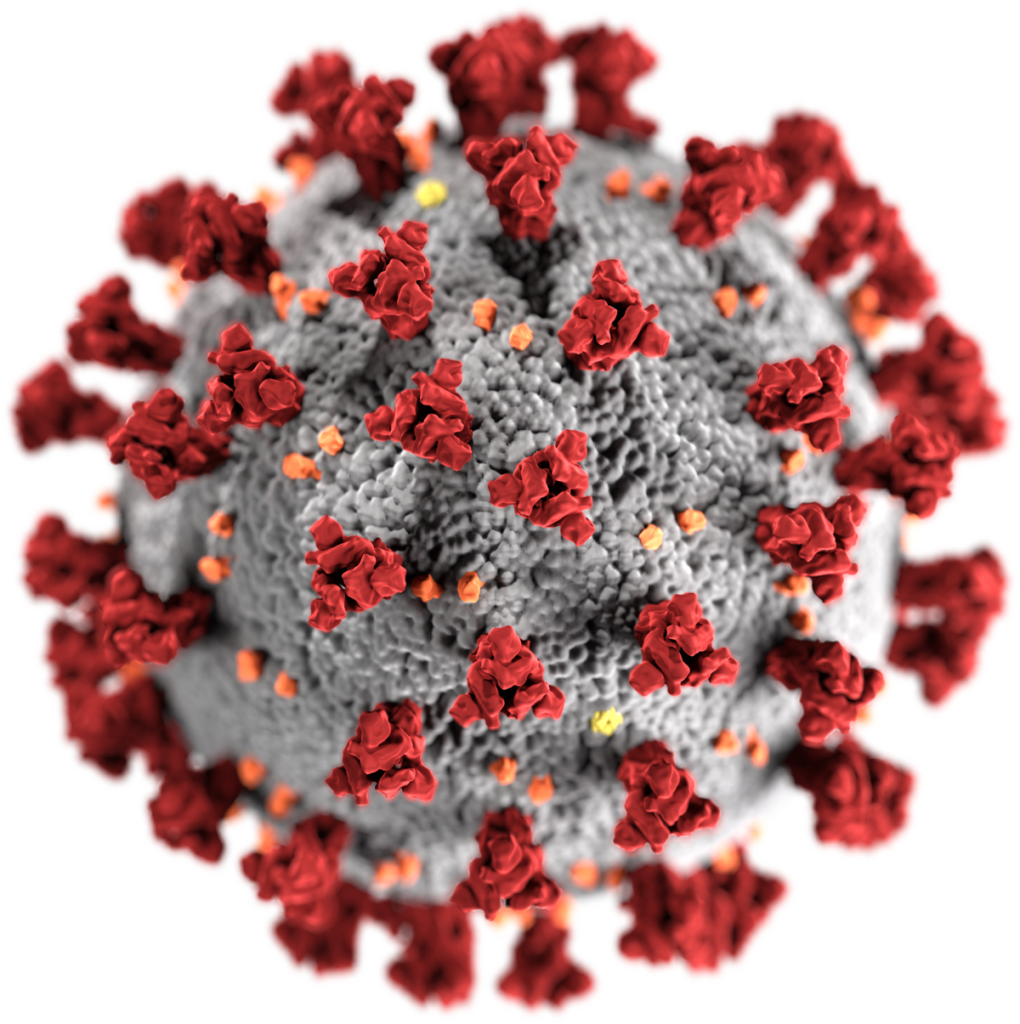„As sickness grows and doubt sets in,
Economies crash and savings grow thin.
But hope arises and science proclaims,
The world will survive this darkest phase.”
I. Corona: Current Information

Between January and March, the threat of the Covid-19 Corona virus leapt worldwide from a distant worry to a global and intimate catastrophe. Media coverage has been total; governments are walking the knife-edge between protecting lives and economic collapse. Almost every country has enacted some form of quarantine or at least social distancing. These measures range from forcing citizens to wear masks to boarding people in their homes. Some of the measures are less conventional, such as South Africa’s ban on alcohol. The reactions to the measures have been equally diverse and are often backed up by ludicrous conspiracy theories and misinformation. (The idea that 5G-cellphone towers spreads the virus is particularly noteworthy.)
Before we continue our analysis of the effects of the Corona virus, let’s look at some global facts.
As of today, there have been 2,804,796 confirmed cases of Covid-19, and 193,722 deaths. (Source: World Health Organization) Over 89 countries have been infected, but the number is suspected to be much higher due to lack of testing. But the situation is not as dark as many believe. 822,000 people have already recovered. Unfortunately, there is no evidence that a survivor cannot become infected again. The WHO estimates the mortality rate at between 3-4%, disproving claims that Corona is “only a flu”. (The seasonal influenza only kills around 0.1% of patients) While the mortality rate is much higher among the elderly and those with pre-existing conditions, the fact remains that even the young and strong can be affected.

The disease is believed to have originated at a market in the Chinese city of Wuhan, and it is no secret that the local and federal government tried to keep the outbreak under wraps. While many have criticized the early reaction from the Chinese government as criminally negligent, other organizations (particularly the WHO) have been quick to sing China’s praises for its later lockdown effectivity. And if you believe the official numbers the Chinese government has published, you can see why. According to the Chinese, the country has only 84,338 cases left, and has officially discharged all patients in Wuhan. It takes a particular measure of naiveté to believe that the totalitarian Chinese government would now decide to deal in honesty, but that’s up to you.
II. Understanding the Numbers
Reporting on the Corona virus has often been confusing at best. One of the most common misconceptions regards the death toll. Many media outlets have placed the national death toll higher than the official statistics. Yet neither are necessarily false. It all boils down to the question: did the Corona virus kill the patient, or was he only positive for the virus? As mentioned above, the majority of deaths come from one demographic: the elderly and those with pre-existing conditions. This means that, although a person infected by Covid-19 has died, it does not necessarily mean that the virus was the cause of death. In positive news, the total Corona death toll may be lower than previously estimated.
This brings us to our next statistic: testing. We must understand that the tests are not fool-proof and are not yet able to be universally applied. For the foreseeable future, the number of confirmed cases will be much lower than the actual number of infected. The fact that around 20% of infected are asymptomatic, i.e. show no symptoms, only exacerbates this problem.
III. The Effects: Our Black Swan?

Sidenote: of all the things to hoard, why was toilet paper so high on the list?
Photo by engin akyurt
Even if we are able to keep the death toll to a minimum, Covid-19 will have deep and lasting effects on our lives for the foreseeable future. Both small and large businesses are going bankrupt, and millions of people worldwide have lost their jobs. Many governments have proposed stimulus packages, but it is impossible to alleviate all effects. Looking back, it seems that the Corona virus came from nowhere with the express purpose of ruining our lives and was completely unforeseeable.
But was it?
Throughout history, mankind has faced one disaster after another – the majority of which were completely unforeseeable. Natural disasters such as volcanoes, floods, and earthquakes often wiped out entire civilizations to say nothing of man-made and biological events such as wars and plagues. In other words, while a specific event such as a new disease or a world war may be unforeseeable, the fact that something will occur is extremely likely. The 20th century say two defining world wars and countless other disasters, yet we all live as if nothing could ever happen to us. Instead of preparing for these events, banks, businesses, governments, and even citizens all function assuming that the growth will never stop, that the conditions tomorrow will be the same as today’s. Instead of saving for a rainy day, we are encouraged to spend what we have and trust that tomorrow will be even more profitable.
Of all the worldwide disasters to occur, disease is possibly the most likely. Previous outbreaks such as SARS have shown us how quickly infections can spread through our connected world, while globalization means that each country is reliant on international goods. (Travel and transport bans due to Corona led to acute shortages of medical supplies in many countries) Covid-19 has just shown us how unprepared the world was for something which we knew could come at any moment. While the odds of a global pandemic happening now are very low, the probability of it happening eventually are almost certain. And if it wasn’t Corona, it could have been something else.
(The statistician and philosopher Nassim Taleb has been arguing against this reckless behaviour for years. The Black Swan and Antifragile: Things That Gain from Disorder are fascinating reads.)
IV. Moving Forward
The world after Corona will be both drastically different and distressingly similar to our “normal” lives. While politicians and companies are quick to praise healthcare and other essential industries, these efforts will be quickly forgotten once the disease is abolished. Few of the truly rich, the “1%”, will suffer any losses besides a decrease in profits, while the middle and lower classes will be dealing with the aftermath for years to come. The average salary is likely to drop due to high unemployment. While scientists are enjoying their time in the sun, celebrities who are famous for being famous will soon again dominate the headlines.
Unless we do something. Remember those who tried to profit from disaster – those politicians who postponed the warnings until they could liquidate their assets. Remember those who work to save lives – doctors and nurses pulling double-shifts only to be rewarded by pay cuts. Remember the celebrities complaining about being quarantined in their enormous mansions while others are starving on the streets. The crisis has put our global society to the test and we have been found wanting. Let’s be better.

